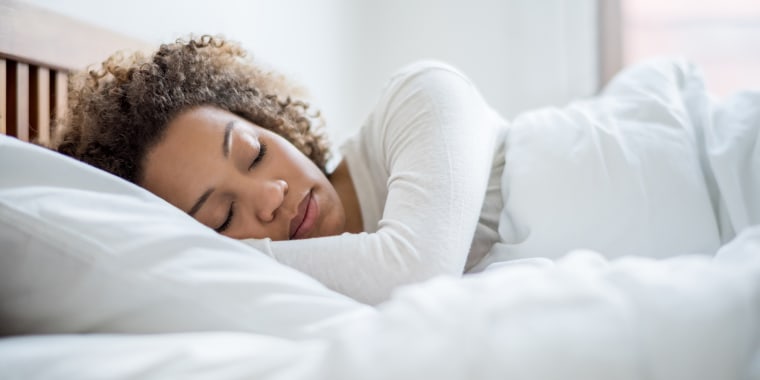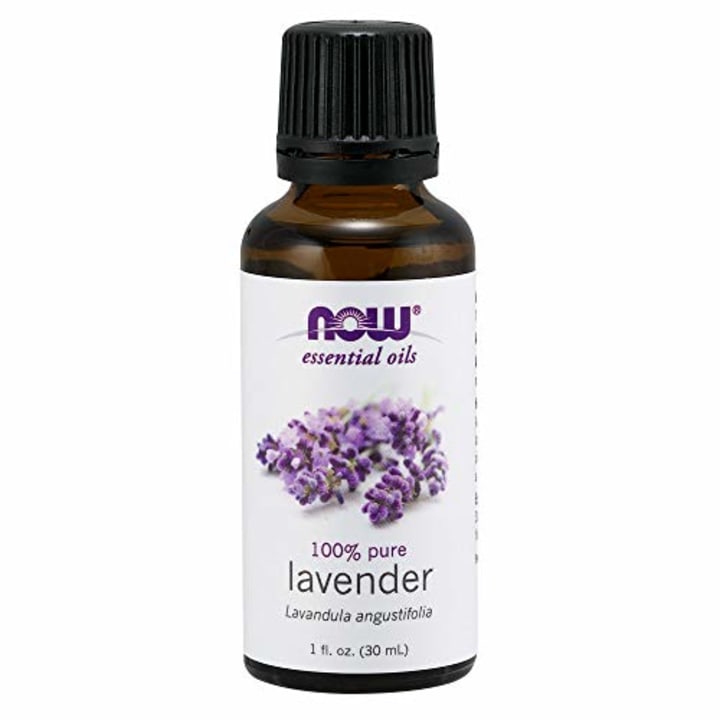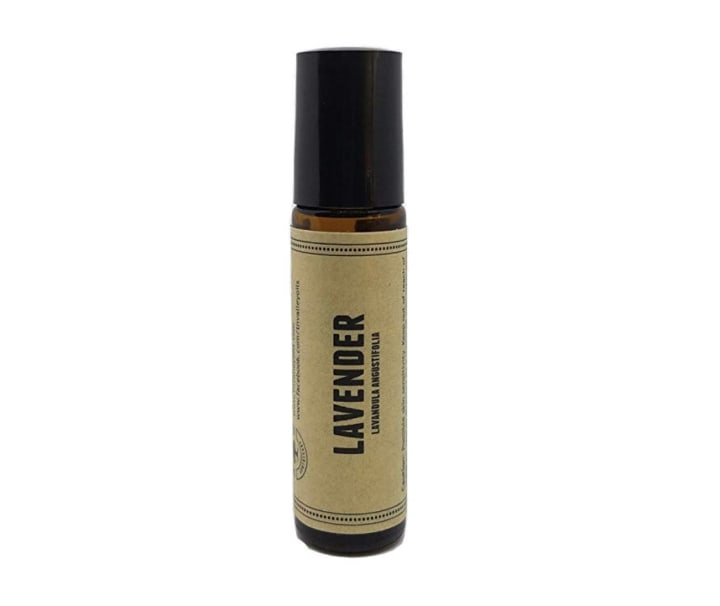We'll do anything for a good night of sleep, so we set out to find out: Do essential oils really help you sleep better? And if so, which ones should you try?
Good news for those looking for an alternative to sleep meds: Studies show that there is a connection between certain essential oils and better sleep.
We spoke with experts who specialize in the world of scent science to see which scents hold the most promise and how you can most effectively use them. Here's what they had to say:
What is the best essential oil for sleep?
"Lavender is the most studied with mostly positive results," said Dr. Angie Lillehei, founder and principal of Nocitilessence, a company she founded after running a successful randomized controlled trial on sleep issues and the effect of lavender essential oil.
Dr. Linda Halcón, an associate professor at the University of Minnesota, agrees. After conducting extensive research on the subject, she said: "I would recommend lavender (Lavandula angusifolia) initially because it is the best-researched at this time and it seems to be helpful for many people."
- 1. Now Essential Oils, Lavender, $6 for 1 ounce, Amazon
If you're looking for pure Lavandula angustifolia that you can dilute on your own, TODAY editors love this one — as do most of the 4,120 reviewers on Amazon. And for a high-quality essential oil, it's affordable to boot. I started putting a few drops into an oil diffuser, and run it for about an hour into bedtime, and it has made a noticeable difference for me, in terms of falling asleep faster.
- 2. Tennessee Valley Apothecary Pre-Diluted Roll-on Lavender, $10, Amazon
Made by a small, family-owned business in northern Alabama, these roll-ons contain Lavandula angustifolia in a pre-diluted form — keep it on the nightstand and rub a little on before bedtime. Personally, I've reached for it in the middle of the night, when I wake up thing about my to-do list, and it relaxes me right back into sleep.
Other essential oils for sleep and relaxation
Lavender isn't the only scent that may help with sleep: A few others that have been studied include rose and sweet orange. Other oils that may be helpful for sleep based on their chemical makeup are Roman chamomile, Jasmine absolute, Mandarin, and valerian.
But not all varieties are created equal — in fact, some types of lavender can be stimulating, Lillehei cautioned (see below for the best ones to use).
How to pick essential oils for sleep
Purchase essential oils that have the botanical name on the label and choose the one for the therapeutic properties you are seeking.
Essential oils are made up of 50 to 100 chemical constituents that provide properties to the essential oils, and each species of plants has its own chemical make-up and therapeutic properties, Lillehei explained.
The species of lavender with the best therapeutic properties for sleep is Lavandula angustifolia.
The Latin names for other essential oils that they may be helpful for sleep: Roman chamomile (Chamaemelum nobile), jasmine absolute (Jasminum officinalis), Mandarin (Citrus reticulate), valerian (Valariana officinalis), rose (Rosa damascena) and sweet orange (Citrus sinensis).
How to use essential oils for sleep
A little goes a long way.
"Essential oils are very concentrated. It takes a lot of plant matter to distill to create a small bottle of essential oil," Lillehei said.
Try one to two drops on your pillow case, for example, she said. Diffusers can be used, but with a timer, so they're not running all day.
One study also found that one drop of lavender (Lavandula angustifolia) on an inhalation patch worn for five nights improved sleep quality.
Other ideas: Simply place a drop of lavender essential oil on a tissue or cotton ball and place it near the head where it can be inhaled. Or, lavender baths before bedtime have also been found to be helpful. Although, Halcón added, "it is important to use a dispersant when using essential oils in a bath because they are not water soluble."
For inhalation, Lillehei recommended one to two drops, and for massage, diluting it to 3 to 15 percent (use less for covering larger body areas).
"More is definitely not better with essential oils."
Essential oils are also sensitive to light, air and heat, Lillehei said, so store them appropriately and replace every six months to a year.
For more sleep recommendations, check out:
- 21 products for a better night's sleep
- The sound machine with over 9,000 reviews on Amazon
- We tried the viral bedsheets with over 49,000 reviews
To discover more deals, shopping tips and budget-friendly product recommendations, download the new TODAY app and subscribe to our Stuff We Love newsletter!



